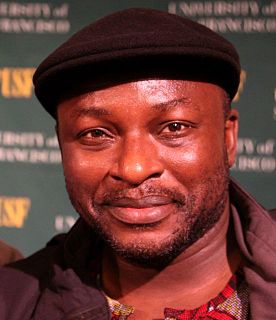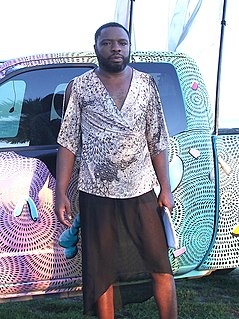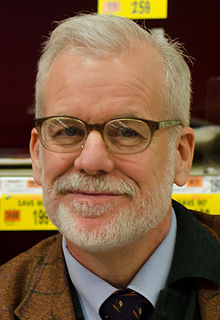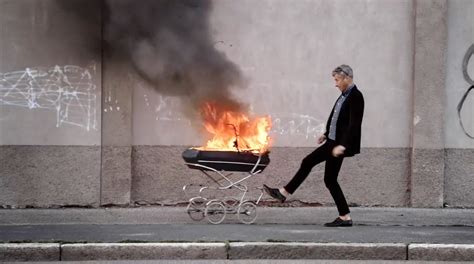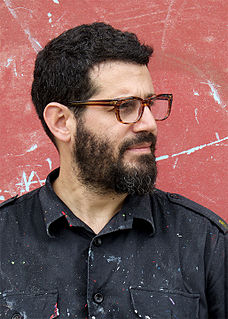A Quote by Kehinde Wiley
I believe that artists should be part of the culture. I think that my work clearly bears that out.
Related Quotes
The word of God is definitely above culture, in terms of what or who should have authority in our lives. However, we must remember that we are within culture, and our calling in Christ is to play our part in the redemption and transformation of individuals and cultures. I believe the recent history of the religious subculture teaches all too clearly that unless we are moving forward in seeking the genuine transformation of culture, then we are standing still and it is transforming us.
A culture-bearing book, like a mule, bears the culture on its back. No one should sit down to write one deliberately. Culture-bearing books appear almost accidentally, like a sudden surge in the stock market. There are books of high quality that are a part of the culture, but that is not the same. They are a part of it. They aren't carrying it anywhere. They may talk about insanity sympathetically, for example, because that's the standard cultural attitude. But they don't carry any suggestion that insanity might be something other than sickness or degeneracy.
People say if you keep making work and keep putting it out, better things will come. I think artists should never forget that. I think that's what you have to be committed to if you're an artist, that's where the good feelings come from. It's so easy to get caught up in other stuff, like the business part of it. If you just have to be aware, just keep putting it out there.



